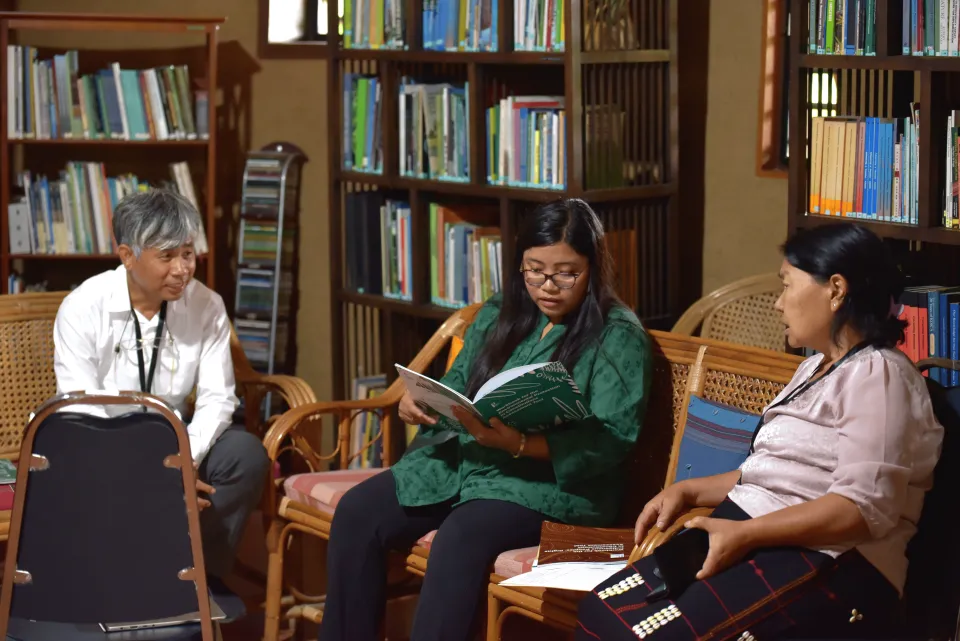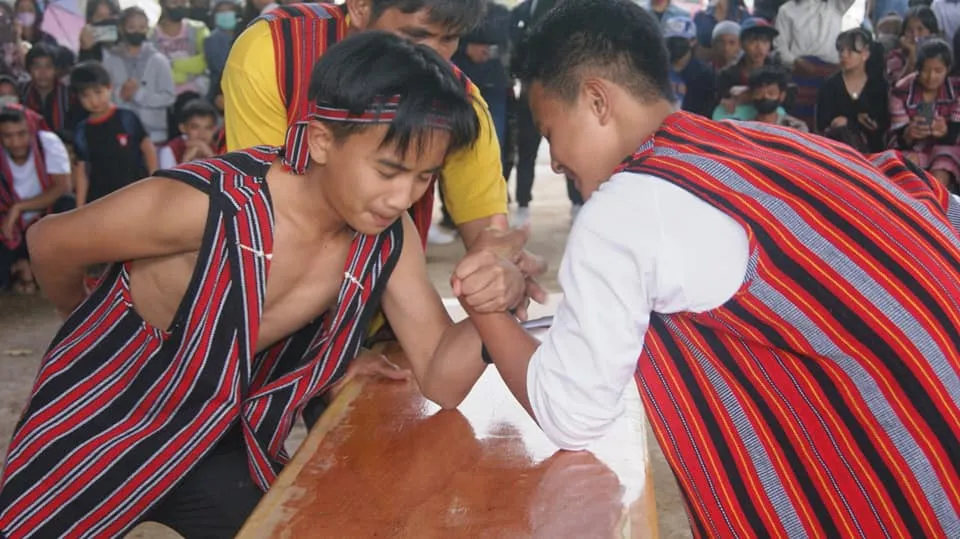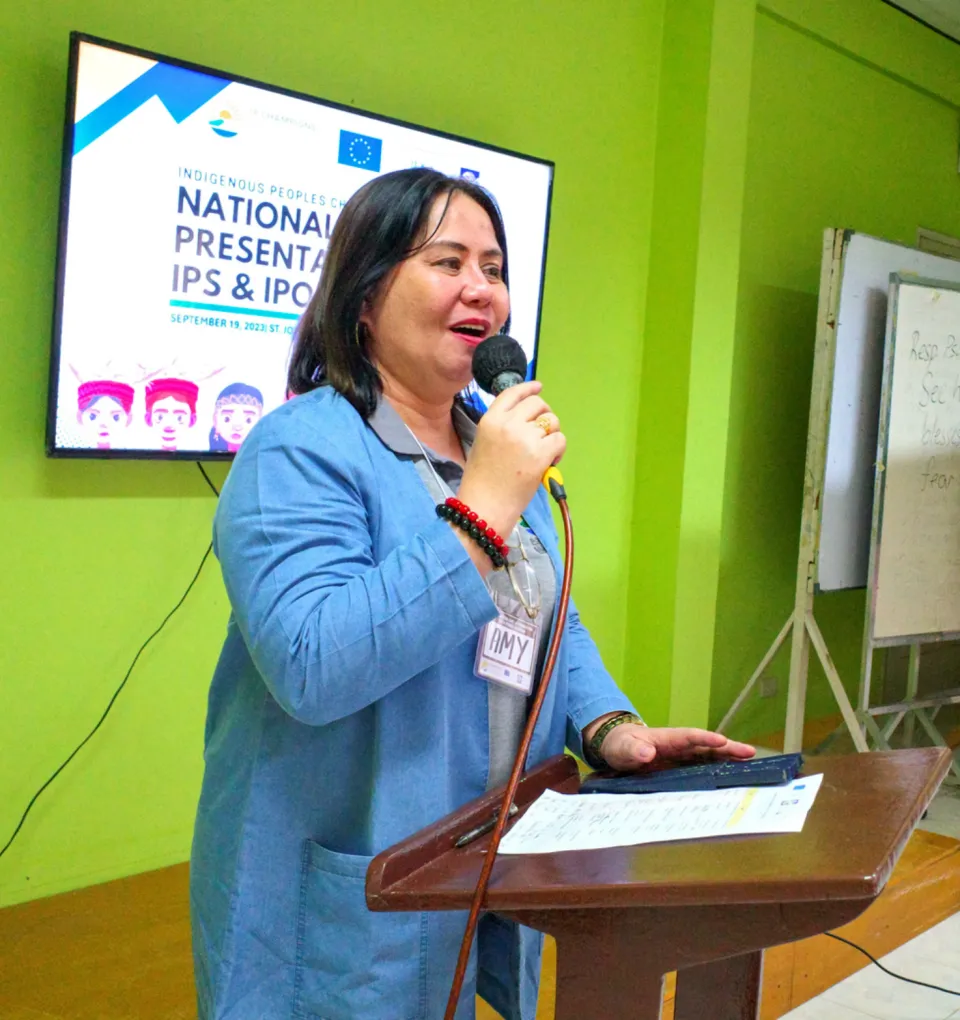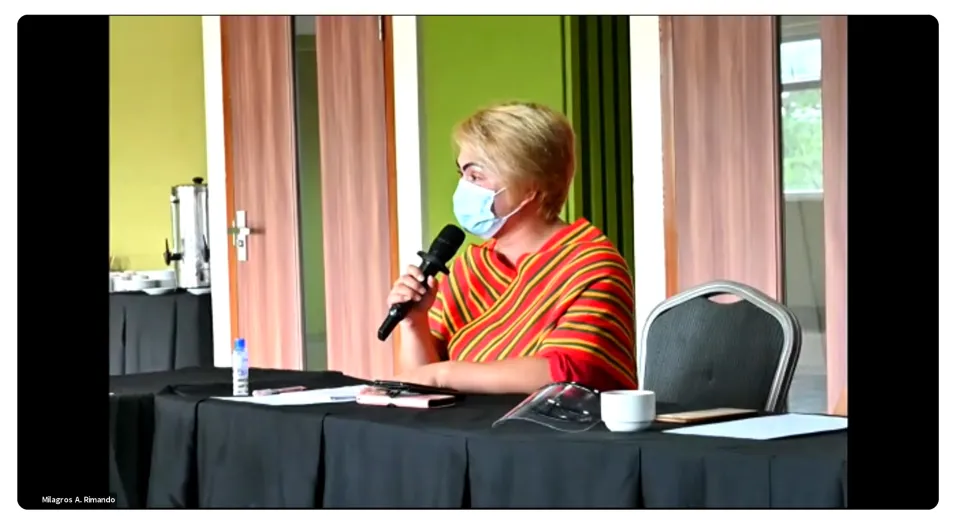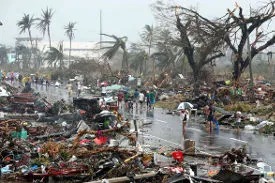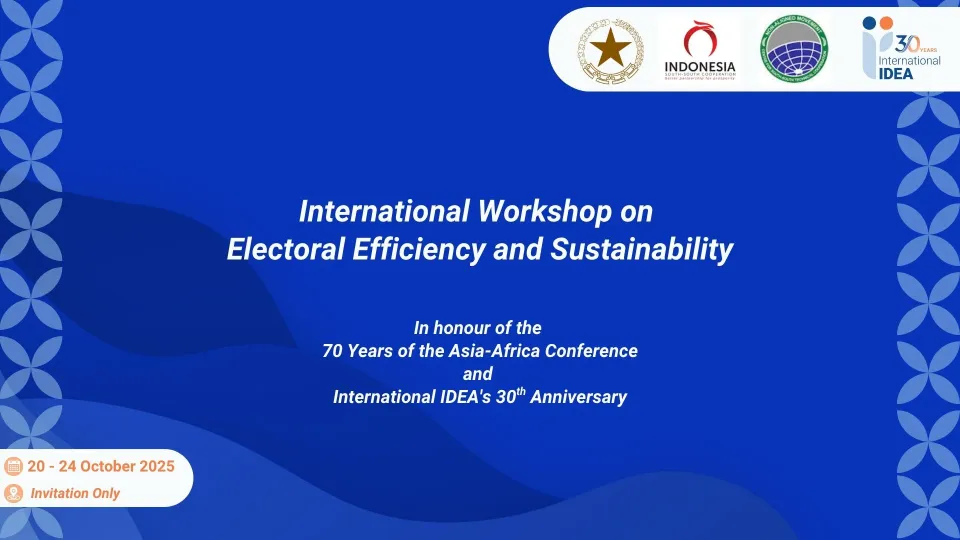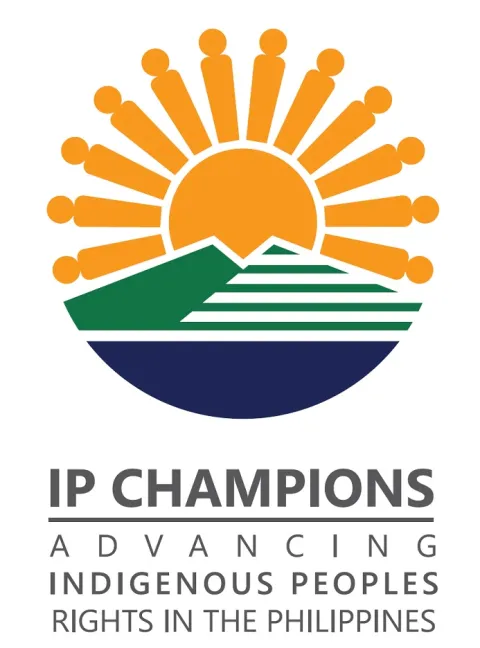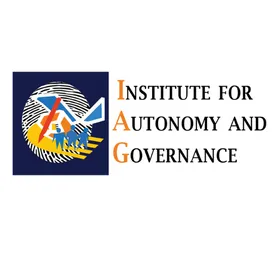Philippines
Approximately 17 million Indigenous Peoples (IPs) live in the Philippines, with much of the IP population located in central Luzon and Mindanao. Despite Indigenous Peoples’ extensive societal and cultural contributions, their communities remain vulnerable and continue to face discrimination.
In Cordillera and Bangsamoro, Indigenous Peoples (IPs) experience social discrimination, economic marginalization, and political disempowerment, which is worsened by the pandemic and ongoing conflict by armed actors that imperil their land rights. While laws like the Indigenous Peoples Rights Act (IPRA) and the Bangsamoro Organic Law (BOL) go some way to protecting IPs, gaps and overlaps in government agencies’ mandates persist.
The Indigenous Peoples Champions project, launched in 2021, empowers local champions through capacity development, supporting them to make meaningful advocacy interventions – an outcome that aligns national government plans for autonomy in these regions. It envisions all participants becoming leaders who collaborate with institutions for Indigenous rights protection, shaping a future which is more inclusive of Indigenous perspectives and customs.
Throughout the project, Indigenous Champions gain access to representatives from various levels of government, known as Institutional Champions.
“This dialogue gave us a very rare opportunity to talk to the relevant agencies. [This process} allows us to communicate our desires and interests for our communities,” said Mel Antonette Amando, an IP Champion.
This project is led by the International Institute for Democracy and Electoral Assistance (International IDEA) and the Institute for Autonomy and Governance (IAG) with funding support from the European Union.
Read more details in the Programme Brief on Indigenous Peoples Champions for the Philippines.
The IP Champions project was designed in alignment with International IDEA’s Indigenous Peoples’ Rights in Constitutions: Assessment Tool (IPCAT), which helps users assess legal frameworks, starting with the constitution, from the perspective of Indigenous peoples’ rights. Using a series of questions, short explanations and international standards and example provisions from constitutions around the world, the IPCAT guides users through an examination of the most critical constitutional issues that affect indigenous peoples’ rights.
The Assessment Tool is informed by the standards contained in international and regional instruments such as the UNDRIP and the International Labour Organization Convention 169 on the Rights of Indigenous and Tribal Peoples (ILO Convention 169).
Basic information

Updates
What we do
Our experts

